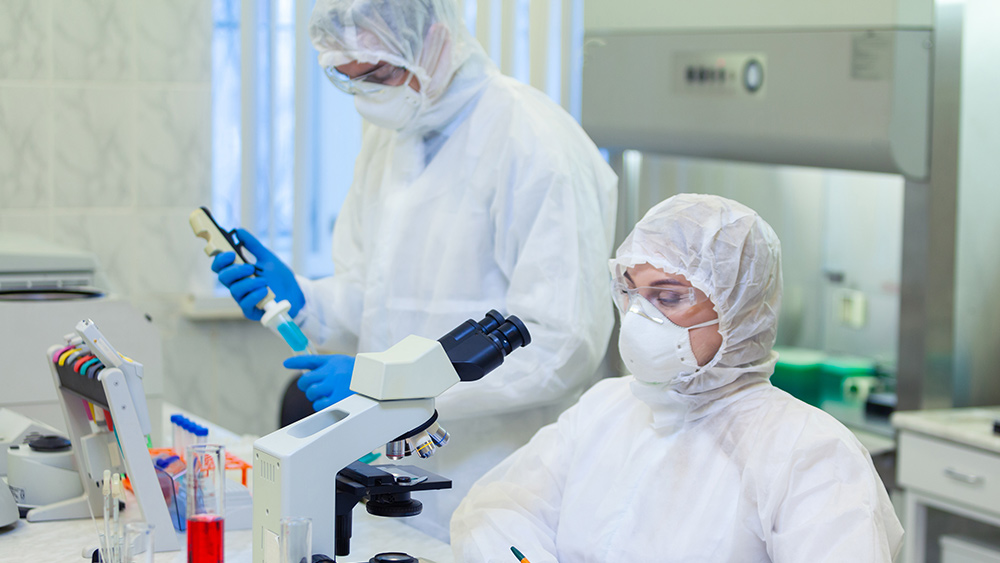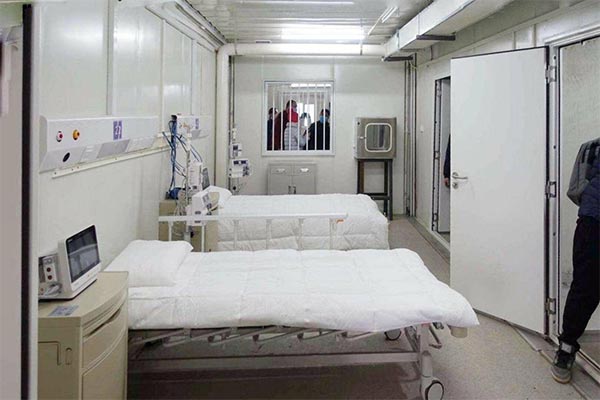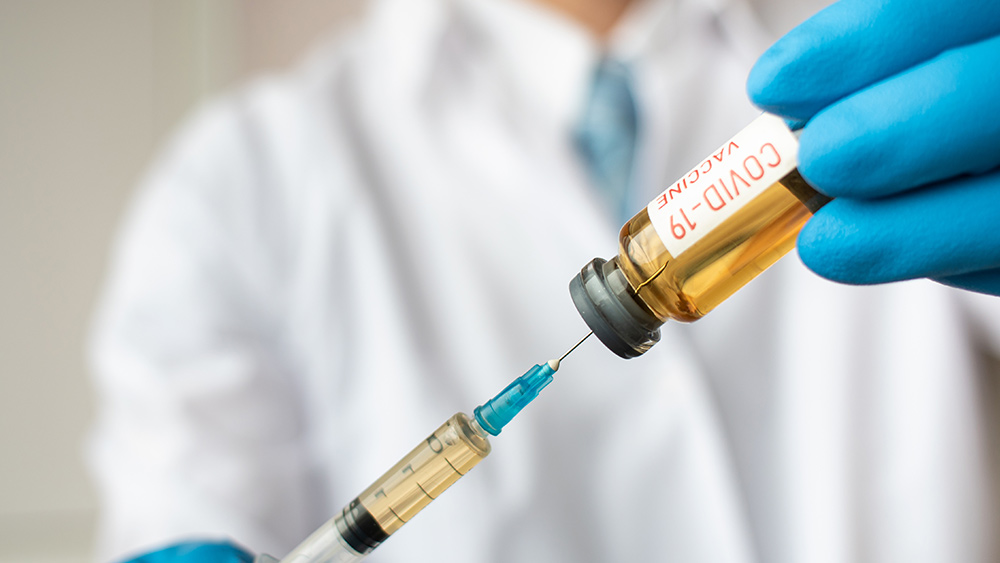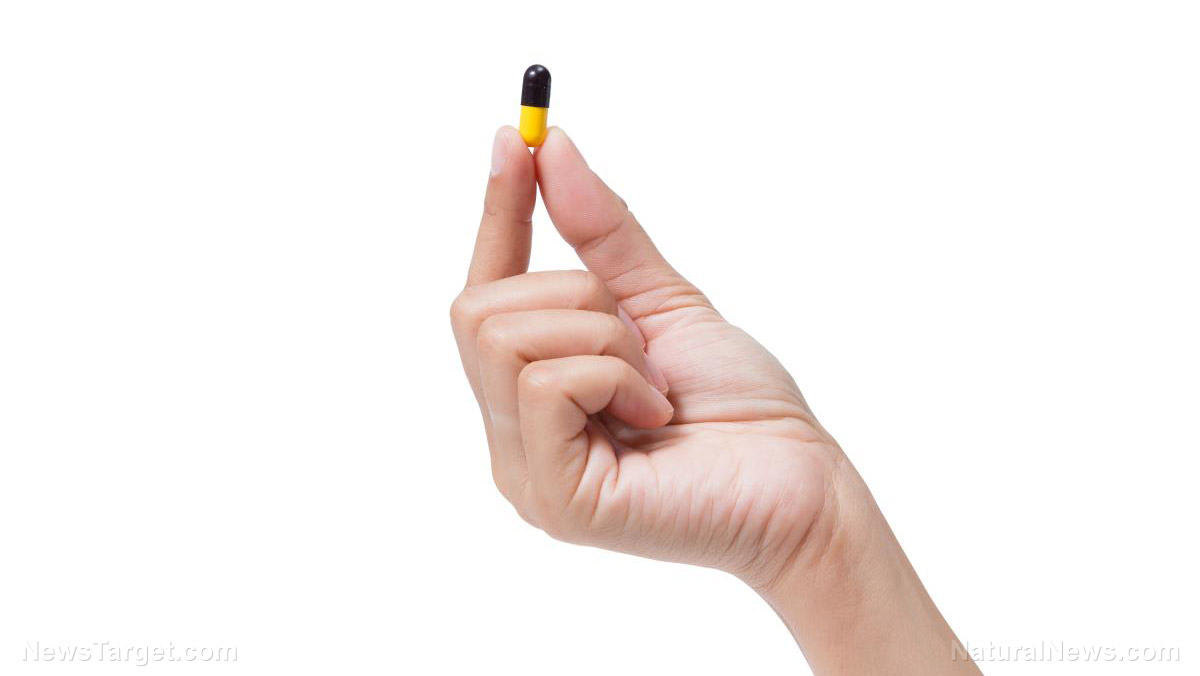Drug maker Merck teams up with drone startup to deliver vaccines in remote areas
10/30/2020 / By Ramon Tomey
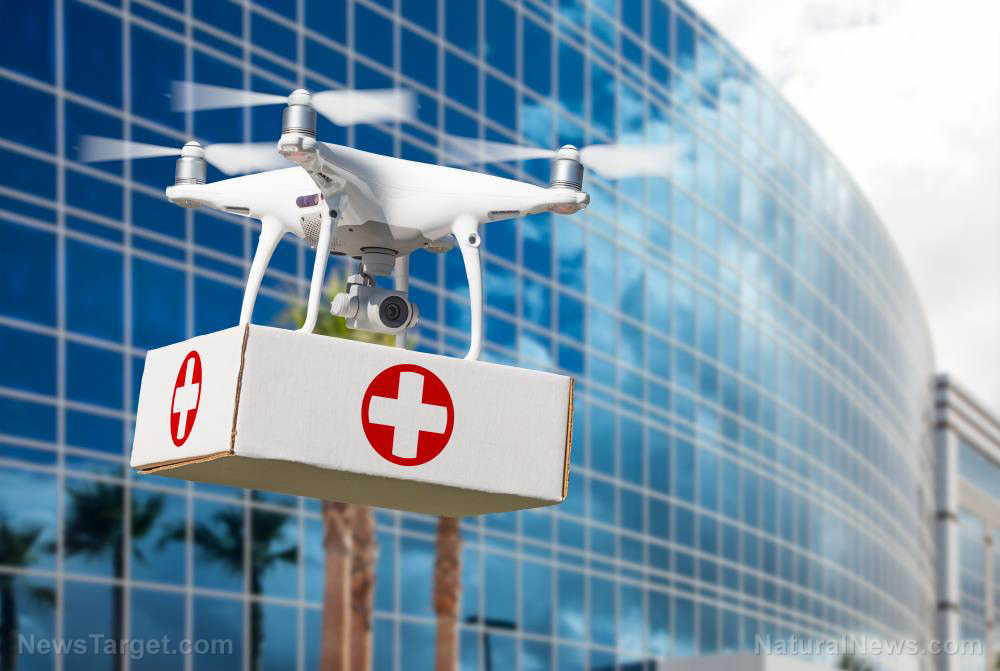
Pharmaceutical giant Merck has partnered with San Francisco-based drone startup Volansi to improve the delivery of vaccines in far-flung areas. The companies are launching a pilot program in rural North Carolina to test if drones can deliver temperature-controlled vaccines from a central production facility to more remote locations.
The pilot is centering on rural areas as of writing, with a particular focus on schools and hospitals; however, future delivery attempts will eventually move into denser urban areas according to Volansi CEO Hannan Parvizian.
“That’s how we will be ramping up, starting out with more rural areas and eventually moving into much more densely populated areas,” Parvizian remarked.
Central to the pilot is Volansi’s latest drone model, the Voly C10. Designed to haul cold-chain medical supplies and vaccines across hospital systems autonomously, the Voly C10 has a 10-pound payload capacity and 50-mile coverage radius per single trip.
Parvizian said the drone’s capacity allows transporting not only a significantly sized payload but also storage boxes to keep items at a constant temperature. He added that the drones are capable of hauling around 80 percent of all drugs and medical supplies – including blood donations.
He did acknowledge that some specialty items may not be suitable for drone delivery, but added that “we’re not seeing any sort of big limitations on the types of payloads we can transport.”
Volansi’s drone delivery system targets the problem of transporting a finished vaccine under constant cold-chain temperatures
Drug companies face the challenge of bringing vaccines to different locations, especially to those without cold-chain storage facilities. Now more than ever, finding ways to transpor any finished coronavirus vaccine to remote areas is a key issue. (Related: UPS partners with CVS Pharmacy to carpet bomb America with medications delivered via drones.)
The federal administration’s Operation Warp Speed, which aims to fast-track the development of a vaccine to address the ongoing coronavirus pandemic, will require solutions to deliver COVID-19 vaccine doses to people all across the country. The government recently partnered with pharmacy chains CVS and Walgreens to deliver vaccines to long-term care facilities, making use of these drug stores’ cold-chain storage capabilities.
Delivery giant FedEx also committed to help federal officials distribute any approved COVID-19 vaccine using its own its transportation assets and cold-chain storage facilities. FedEx’s cold-chain storage capabilities stemmed from its involvement in delivering vaccines against the H1N1 virus outbreak more than a decade ago.
“Once vaccines are developed and are out there, distribution will be a key challenge,” Parvizan said. “We truly believe that autonomous aerial deliveries will enable access to all areas.”
Other drone delivery companies are following Volansi’s model, but Parvizian remarks that his company sets itself apart from the competition by using vertical take-off and landing (VTOL) technology for its drones. Volansi does not require any sort of ground infrastructure to launch and recover its drones compared to others that use catapult launchers.
Drones have been successfully used before to deliver medical supplies before
Drones have been used to deliver medical supplies even before Volansi and Merck partnered for their pilot. Drone delivery company Zipline has been delivering medicines and blood for transfusion in the African nation of Rwanda. The Rwanda Ministry of Health partnered with Zipline in 2018 to deliver supplies to 12 remote regional hospitals in a program dubbed as an “Uber for blood.”
A year earlier, drone delivery company Flirtey partnered with Nevada ambulance provider Regional Emergency Medical Services Authority (REMSA) to deliver automated external defibrillators (AEDs) to cardiac arrest patients. The service allows bystanders without any medical training to begin administering critical treatment without having to wait for first responders. Flirtey’s AED drones will be able to fly directly to the patient to enable efficient and precise delivery of critical aid – increasing the chances of surviving cardiac arrest, the company said.
Find out more news about drones being tapped to deliver medicines and medical equipment at Robotics.news.
Sources include:
Tagged Under: cold chain storage, controlled temperature, COVID-19 vaccine, delivery company, Drone Delivery, drone transport, goodtech, goodtechnology, Medical Equipment, medical supplies, medicine delivery, medicine transport, Merck, unmanned drones, vaccine transport, vertical takeoff and landing, Volansi, VTOL





